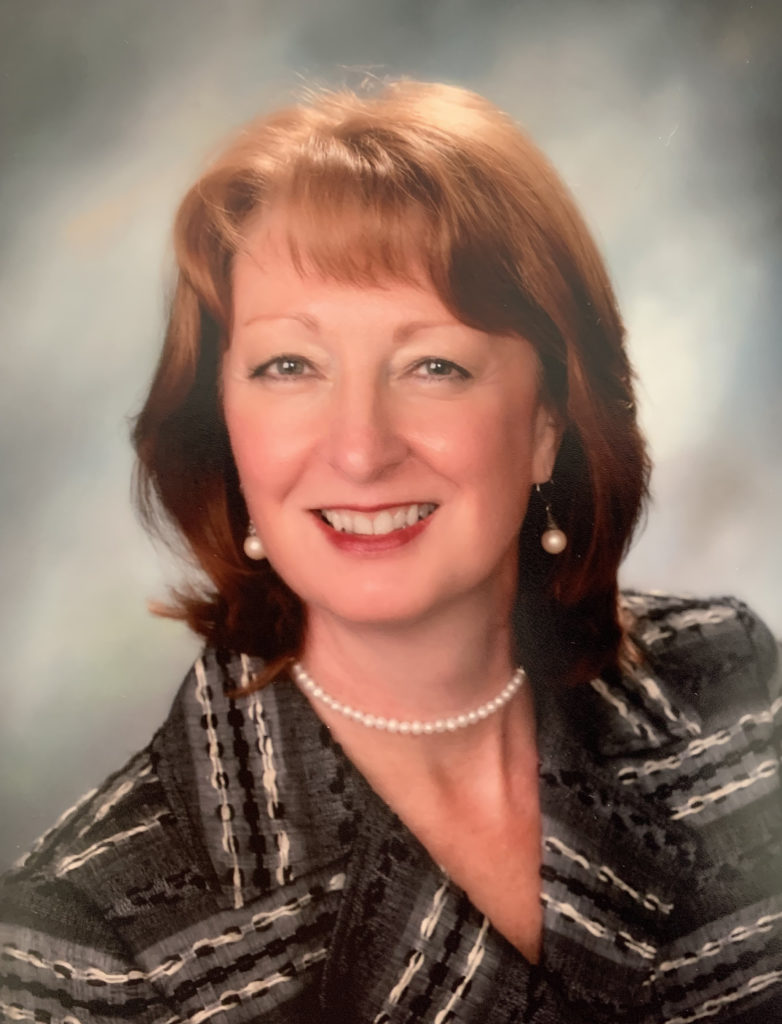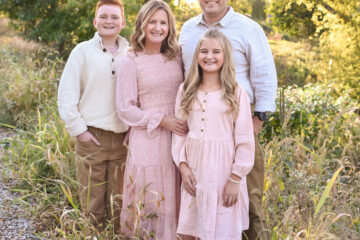As told to Emily Blobaum
Bonnie Campbell was the first and remains the only woman to have served as the Iowa attorney general when she was elected in 1990. She was also the first woman to chair the Iowa Democratic Party and was the first director of the federal Office on Violence Against Women. This interview has been formatted to be entirely in her own words and has been edited and condensed for clarity.

Being the first woman attorney general was significant. That kind of elective office is what means the most to me because you’re elected by the citizens of your state. It really was an honor. That year only three other women in the country were elected to become attorney general.
Attorney General Tom Miller was running for governor, so the office was open and there was no other person with any visibility in the public arena. People started telling me that I needed to run for his seat. I didn’t set out to be the first. It wasn’t a chance for me to break a barrier. It’s just that the opportunity presented itself and I took it.
I was lucky. I had a lot of visibility as state chair of the Iowa Democratic Party. Money is important in campaigns and I had met the big givers within the Democratic Party, so after leaving the position and running my campaign for attorney general, when I had asked for money, they were used to giving it to me.
When I look back, I say to myself, “What made you think you could win?” I don’t know the answer to that, but I know I liked the idea of public service. So I took the plunge and ran for attorney general and lo and behold, I won. Looking back, it’s surprising that I did, because women candidates, until very recently, haven’t done that well in Iowa.
People suggested the only reason I won was because of my husband. Did my husband go to law school and take the bar exam for me? No. My husband is terrific and a wonderful partner and was certainly helpful to my campaign, but that doesn’t diminish me, it makes me more complete.
People have to like you and they have to believe that you have the ability to do the job, and that’s based on what they see. Most people only see you on television or when you’re giving a speech. Men face the same challenges, but they get away with a lot more.
I knew that I had to be solid. I had to be very careful of what I said in speeches. If I wanted to advance my agenda, I had to surround myself with men. When I wanted to get a stalking bill passed, I had to find men to introduce it and stand with me when it was announced. I had to give the male visual that people were used to seeing.
Being attorney general, people have the word “general” in mind. That you’re disciplined, smart and tough. It’s hard to look like I look and have people draw up that image. And then of course, if you’re too tough, they don’t like you because you’re not nice. You’re constantly walking a knife’s edge. I was acutely aware whether people liked me or not would be based on one thing. Whether they think you’re smart and competent was based on something different altogether.
I was in a smaller community in southwest Iowa and I was wearing very bland shoes; they had probably an inch-and-a-half heel. They weren’t stilettos by any means. But a couple of days later I got a letter from a woman in that community who told me that I did a fine job with my speech, but she wrote, “You just can’t come into a community wearing shoes like that.” These were ordinary shoes. They were not expensive. This was a long letter, filled with anger. They never would have done that to a man.
When I ran for governor against Terry Branstad, he ran an ad saying that if you vote for Bonnie Campbell, her husband will really be your governor. That is such clear sexism. There were other little plucky things like my hair, my makeup, my shoes, I lived in Des Moines, I was from New York. Tom Vilsack came not far from where I came from. He married an Iowan. It never became an issue that he was from Pennsylvania. Not once. It just informs that being a female puts everything on the table, whether it’s relevant or not.
People would say to me, “I just can’t see a woman as governor.” I think that has changed. Now we see Cindy Axne and Joni Ernst. I think just seeing a woman makes it more plausible that you could do that. We’re getting used to seeing women in public office.
That kind of modeling didn’t happen much in earlier generations. I turn on MSNBC now, and my God, there are Black women experts talking politics. There are Latino men. There are all kinds of diverse groups represented. It is astonishing to me.
When Barack Obama ran, my nephews would laugh and ask why it was such a big deal that a Black man was running for president. For their generation, it was not a big deal. For my generation, it was huge. I cried all night when he won.
We’re reaching the point where there are few of those moments left because we’re accustomed to seeing things like that.


